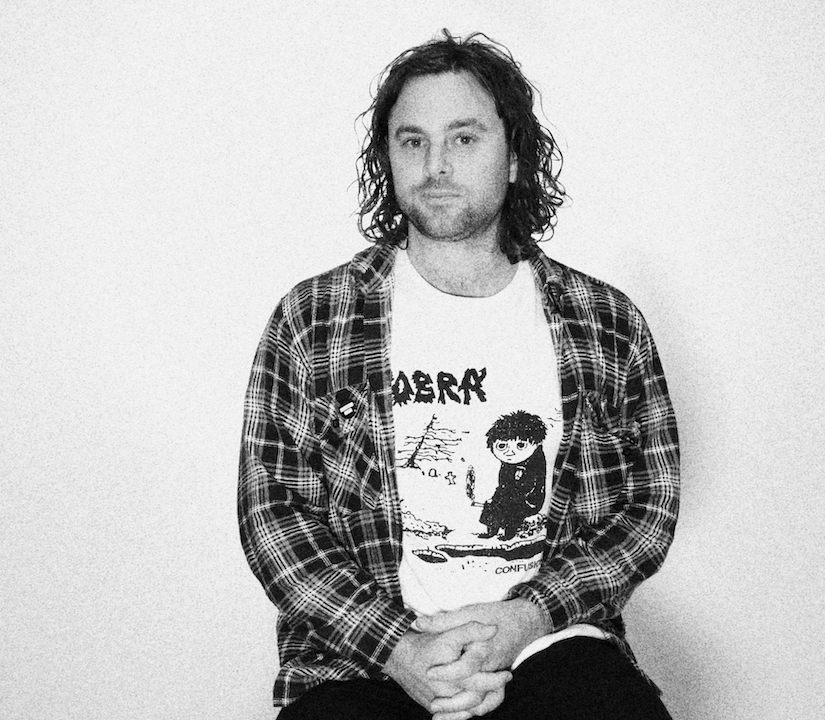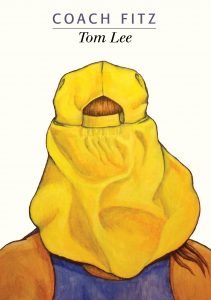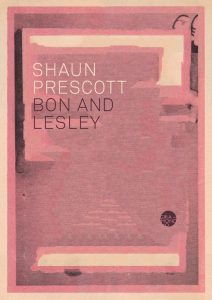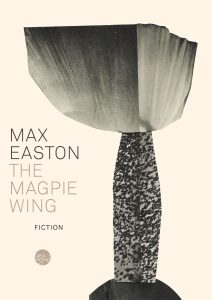Basket
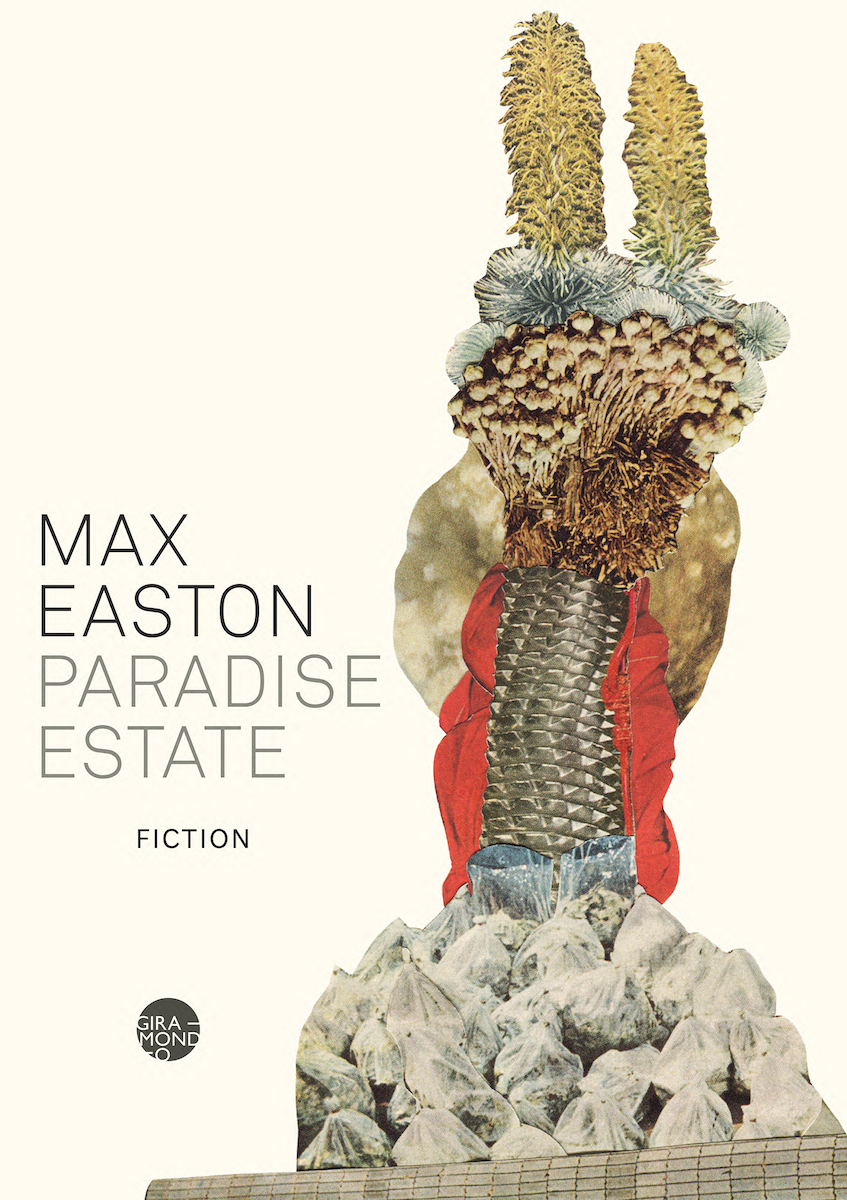
Paradise Estate
Receive a discount when you buy Paradise Estate together with Max Easton’s 2021 novel, The Magpie Wing. Find out more.
The new novel from the author of The Magpie Wing, longlisted for the Miles Franklin Literary Award.
It’s 2022 and Helen is starting again. Newly single, dogged by grief, adrift in a hostile rental market, she finds a four-bedroom house flanked by apartment blocks that stare into the yard. Despite the lack of privacy, she fills its rooms with an unlikely group of residents looking for communal belonging: zine maker, activist, disaffected artist, part-time rugby league player – each looking to build a future, each haunted by their recent past. But if a rented house in Sydney could ever promise salvation, it would come with a coating of black mould.
Set across the course of a year, against the backdrop of pandemic and war, of climate and housing crises, Paradise Estate documents the struggle against generational confusion and social malaise. When isolation and atomisation are all we’ve been given, what can be built from common ground?
Written with ironic wit and an eye for contemporary events, the follow-up to Max Easton’s acclaimed debut, The Magpie Wing, sets the pessimism of its times against the optimism of the will.
HIGHLY COMMENDED: Victorian Premier’s Literary Awards – Fiction 2024
It’s exhilarating to read something so close to the present and with such specific textures of place…Easton understands the uneasy relief that sets in at rock bottom, deals with human fragility in a steady, understated way – and always punches up. He is unforgiving of his characters’ small hypocrisies but never forgets their ache to be known.
Imogen Dewey, The Guardian
Max Easton is once again uncomfortably perceptive. Paradise Estate acerbically captures the frustrated idealism of leftist sharehouse living, questioning the efficacy of radical politics and art even as it stokes the fires of rebellion. It’s Monkey Grip for the Mark Fisher generation.
Madeleine Gray
Easton’s aspirations are bigger than merely documenting a social moment. By teasing out the particularity of his characters’ lives, he captures not just the deadening effect of capitalism’s cooption and commodification of every aspect of our lives, but the joys and disappointments of trying to build a space from which to resist.
James Bradley, Saturday Paper
Full of mordant social and character observation.
Sydney Morning Herald (Fiction Pick of the Week)
This too is one of Paradise Estate’s many bold pleasures – it is a book that is utterly unafraid to talk about the now, and more than that, the Australian now…There is sensitivity here, even interspersed within the most pointed of comic jabs.
Joseph Earp, Sydney Review of Books
This is an author who can blend witty observation with compassion, and occasionally through comic effect. This quality in Easton’s writing elevates Paradise Estate above similar counterparts. Many contemporary novels now tend to capture millennial malaise or even the tragicomedy underpinning characters’ fraught, unstable lives. But few manage to do so while also maintaining a sense of multifaceted complexity in their characters, which often evoke pity and admiration by turns…As a depiction of current reality, [Paradise Estate] is masterful.
Rosalind Moran, Meanjin
Like [Easton’s] debut, Paradise Estate has plenty to say; incisive about class, gentrification and the true motivations behind some of the left’s most vocal ‘allies’. But what’s most enjoyable is its essential Sydney-ness, including how vividly Easton paints a house full of people you don’t always like but who feel very real and recognisable. And the writing is exceptional.
Katie Cunningham, Guardian Australia (best Australian books of 2023)
The book’s emphases resonate with what Ben Lerner…has described as ‘glimmers of potentiality’, moments that glimpse at alternative futures beyond the cultural hegemonies imposed under late-capitalism (fittingly, Lerner also cites the Antonio Gramsci quotation which features as an epigraph to Paradise Estate). As if from the vantage point of a Hurlstone Park high-rise, Easton expertly animates such glimpses, once again enriching a compelling contemporary milieu.
Morgan Nunan, Australian Book Review
About the Author
Reviews
It’s exhilarating to read something so close to the present and with such specific textures of place.
Guardian Australia

